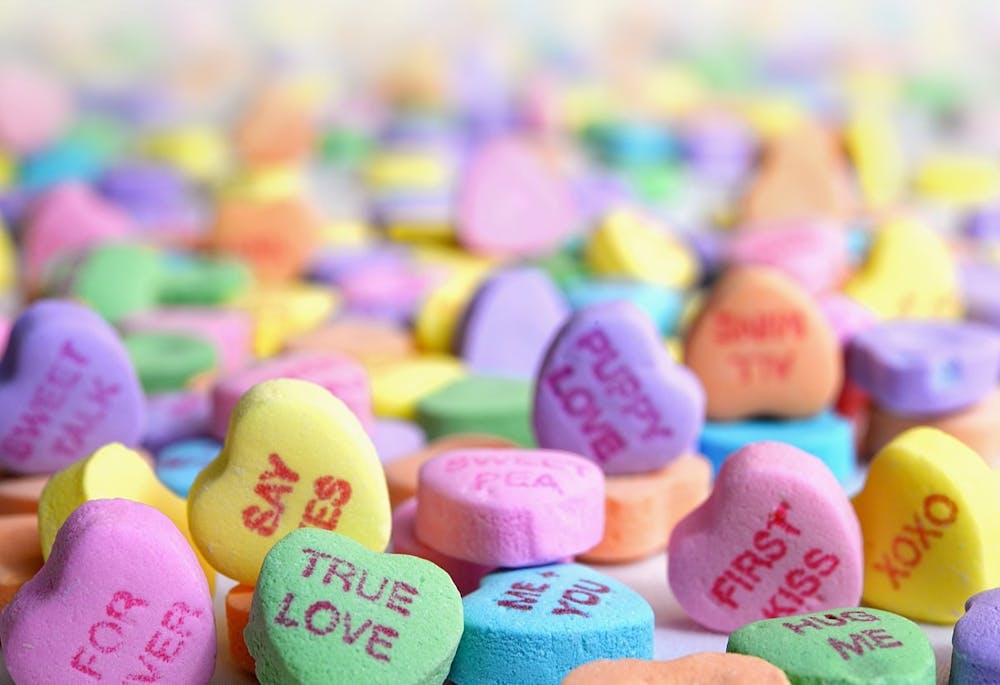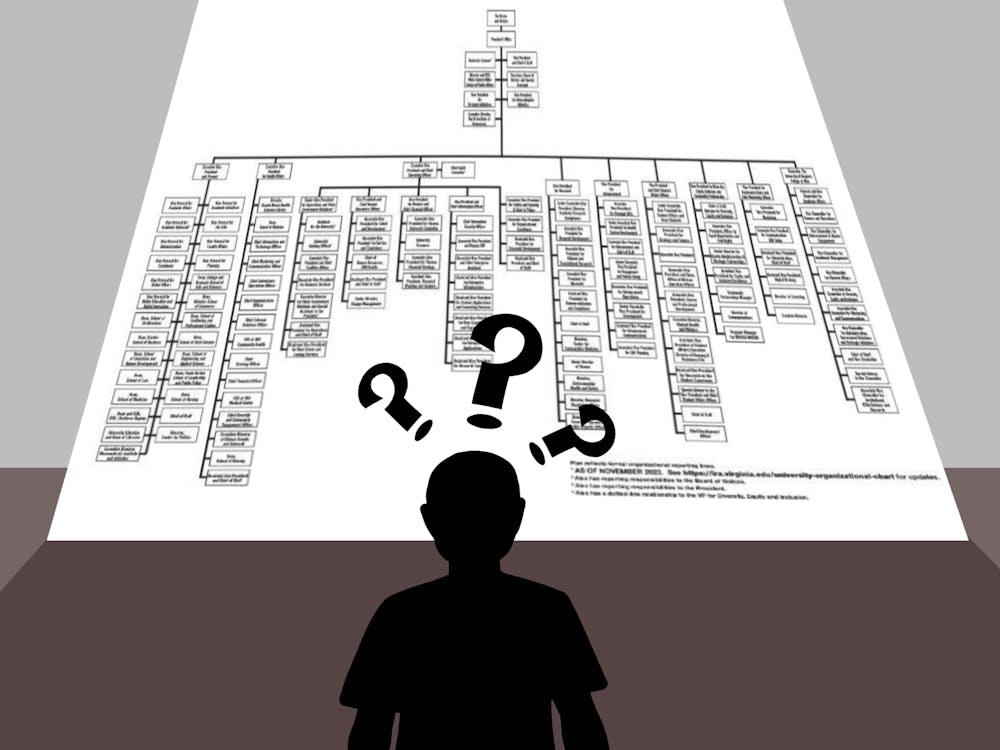Valentine’s Day 2020 will be the 22nd anniversary of V-Day, an international movement “to end violence against all women and girls (cisgender, transgender, and those who hold fluid identities that are subject to gender based violence).” The day coincides, however, with Valentine’s Day, one of the most commercialized holidays embedded in American culture. This leads one to wonder why the days are paired together in such a way. Perhaps, to answer this question, one could address V-Day’s four core beliefs, one of which is a dedication to “lasting social and cultural change … spread by ordinary people doing extraordinary things.” The V-Day movement brings attention to the problematic traditions that we associate with our celebrations of Valentine’s Day.
Although Valentine’s Day is meant to celebrate love and romanticism, many feminist thinkers have began to point out the patriarchal expectations that surround men and women on this holiday. The traditional idea that men are supposed to plan and pay for a Valentine’s Day date is rooted in outdated traditions rooted in patriarchal society.
These seemingly simple expectations that dictate our dating lives have become less relevant in recent decades. According to a 2015 study, 74 percent of men and 83 percent of women find that both partners in a relationship financially contribute to dates after being in a relationship for six months. Nevertheless, this idea that a man must provide for his romantic interest still prevails — most men and women find that men financially contribute more to dates. This ties men to the “breadwinner” role and allows them to express dominance over his female date. Additionally, it perpetuates “benevolent sexism,” or instances of sexism that come from treating and complimenting women based on their stereotypes. Perhaps in order to achieve this “lasting social and cultural change,” it is simple notions like this expectation that men pay for dates that need to change.
However, the V-Day movement deals with much more pressing issues than the implications of expecting a man to pay for a date. In fact, the specific types of violence that V-Day works to fight include “rape, battery, incest, female genital mutilation (FGM) and sex slavery.” Instances of benelovent sexism and explicit violence against women are in no way equal — nevertheless, benevolent forms of sexism are symptoms of a society in which this violence can continue to exist.
The Organisation for Economic Cooperation and Development Centre’s Social Institutions and Gender Index ranks U.S. levels of discrimination against women in our social institutions as “very low." Yet, explicit violence against women is still extremely prevalent within the country. In fact, in the U.S., intimate partner violence accounts for 15 percent of all violent crimes, 17.6 percent of all women have been the victim of attempted or completed rape and approximately 20 people are physically abused by an intimate partner per minute.
There is truly nothing wrong with a man paying for a date, and I am certainly not arguing for women to completely replace men in this role that society has deemed upon them. Nevertheless, the expectation that they will — and the intertwined implication that women cannot pay — has no place in a society that is progressing towards equality. This expectation simply reinforces gender stereotypes that so many have worked to deteriorate. Thus, in our celebrations of love on this holiday, we should focus on the things that we’ve gotten right about this holiday — like eating chocolate with someone you love and dedicating quality time to your partner, or even close friends.
Lastly, we must think about why a holiday embedded in dating rituals that have existed since before women had the right to vote shares a date with a day meant to raise awareness about violence against women. Perhaps these two ideas are more intertwined than they seem, both existing within a contemporary society that is still obsessed with male dominance. As Valentine’s Day 2020 comes and goes again, we must continue to critique the implications of the rituals and traditions that have lived on through decades.
Victoria McKelvey is the Executive Editor for The Cavalier Daily. She can be reached at v.mckelvey@cavalierdaily.com.
The opinions expressed in this column are not necessarily those of The Cavalier Daily. Columns represent the views of the authors alone.





